AeroGenie — Your Intelligent Copilot.
Trending
Categories
Aviation Maintenance, Repair, and Overhaul Sector Set for Growth
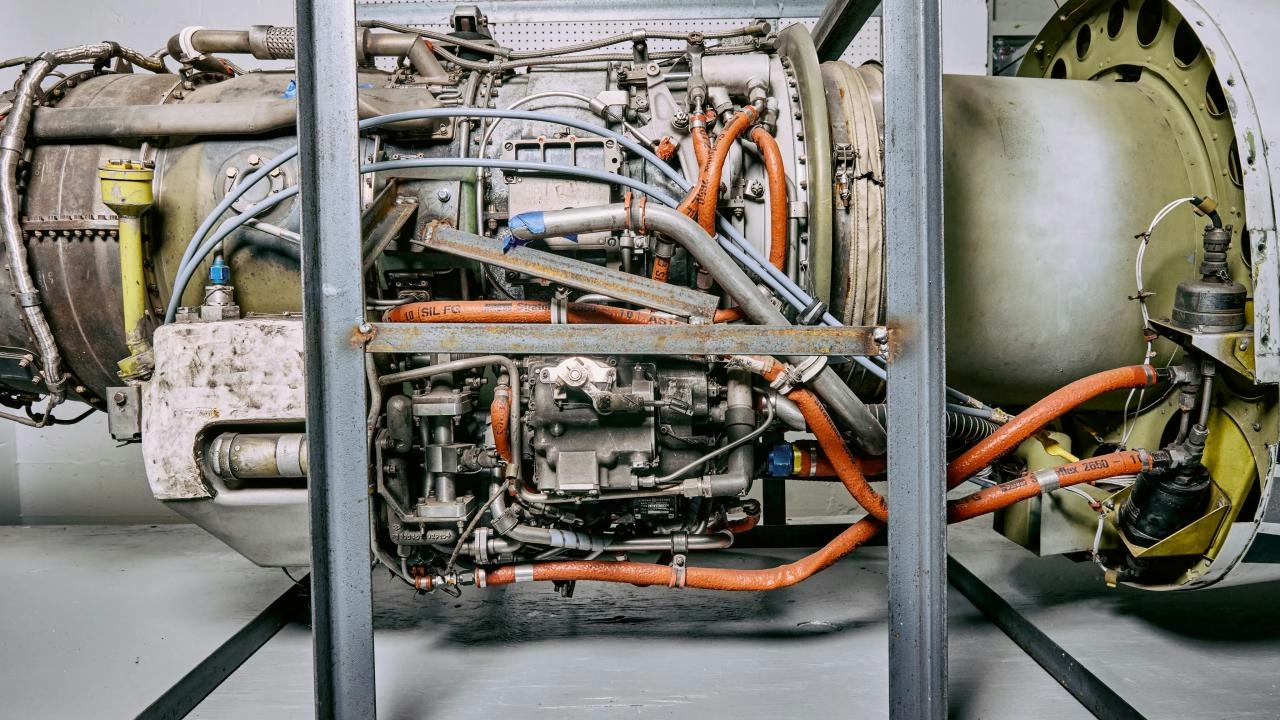
Aviation Maintenance, Repair, and Overhaul Sector Set for Growth
The aviation maintenance, repair, and overhaul (MRO) sector is positioned for steady expansion over the coming decade, driven primarily by sustained demand amid challenges faced by aerospace manufacturers in meeting new aircraft production targets. Airlines are increasingly compelled to extend the operational life of aging fleets, thereby intensifying the need for comprehensive MRO services. This dynamic presents both significant opportunities and complex challenges for industry stakeholders.
Aging Fleets and Market Demand
In North America, the average age of commercial aircraft operated by major carriers such as United, Delta, and American Airlines stands at just under 16 years, according to data from Planespotters.net. Globally, the average fleet age is slightly over 13 years. Considering that typical airframes have a service life ranging from 25 to 35 years, there remains considerable operational longevity within the current fleet. This extended usage underpins a robust demand for maintenance and overhaul activities essential to ensuring continued airworthiness and safety.
Industry analysts report that the global MRO market generated approximately $114 billion in revenue in 2024, reflecting a 7% increase compared to its pre-pandemic peak in 2019. Forecasts indicate the sector will sustain an annual growth rate of 2.7% through 2035, potentially reaching $156 billion in revenue. Despite this positive outlook, the sector faces notable headwinds, including the impact of tariffs on demand for large, technologically advanced aircraft. Such trade barriers may elevate costs and disrupt supply chains, creating uneven effects across the industry. In response, companies are intensifying efforts to optimize supply chain operations, explore alternative markets, and integrate innovative technologies to maintain competitive advantage.
Technological Advancements and Operational Efficiency
To harness growth prospects, MRO providers are increasingly adopting Industry 4.0 technologies, utilizing connectivity, big data analytics, and artificial intelligence to improve operational efficiency and cost management. The integration of advanced precision cutting tools, sophisticated toolholders, and automated tool cribs has become critical for processing high-performance aircraft components. The aerospace sector’s stringent requirements for close-tolerance parts manufactured from challenging materials necessitate the highest standards of machining accuracy and reliability.
The selection of toolholding systems plays a pivotal role in achieving these standards. Traditional hydraulic and heat-based toolholders, while common, present limitations such as temperature sensitivity, potential leakage, and safety concerns for operators. Consequently, there is a growing shift toward mechanical-based toolholding systems that offer enhanced ease of use, safety, and precision. These systems employ press-fit technology, enabling tool changes in under ten seconds and providing superior vibration damping and reduced runout. Such characteristics are particularly advantageous for aerospace applications involving significant tool and part overhangs, resulting in improved surface finishes on difficult-to-machine materials.
Regulatory Compliance and Industry Standards
Regulatory compliance and safety considerations remain central to the sector’s ongoing development. Recent regulatory approvals, including the Federal Aviation Administration’s authorization of Chromalloy’s CFM56 turbine blade, highlight the industry’s commitment to meeting rigorous safety standards. These regulatory milestones are expected to influence market dynamics and competitive positioning, as companies strive to align innovation efforts with evolving compliance requirements.
As the MRO sector advances, its capacity to adapt through technological innovation, supply chain refinement, and adherence to regulatory frameworks will be critical to sustaining growth within an increasingly complex and evolving aviation environment.
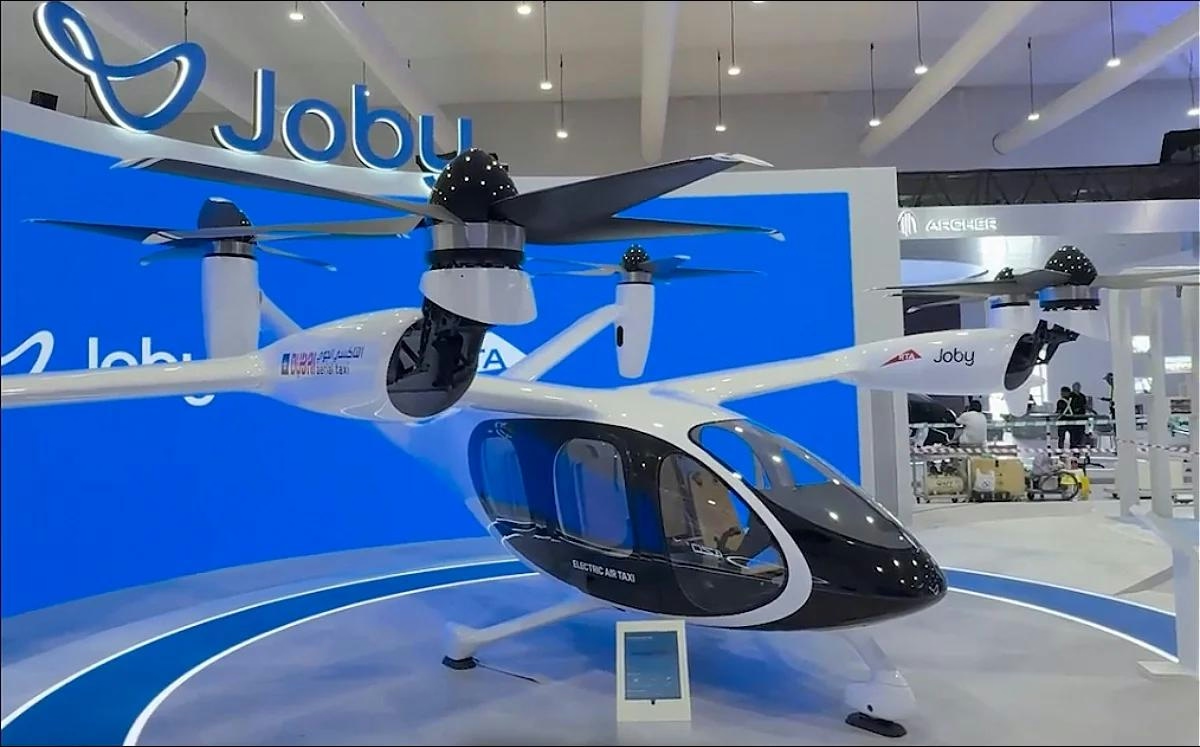
Joby to Offer Air Taxi Rides Through Uber App in Dubai
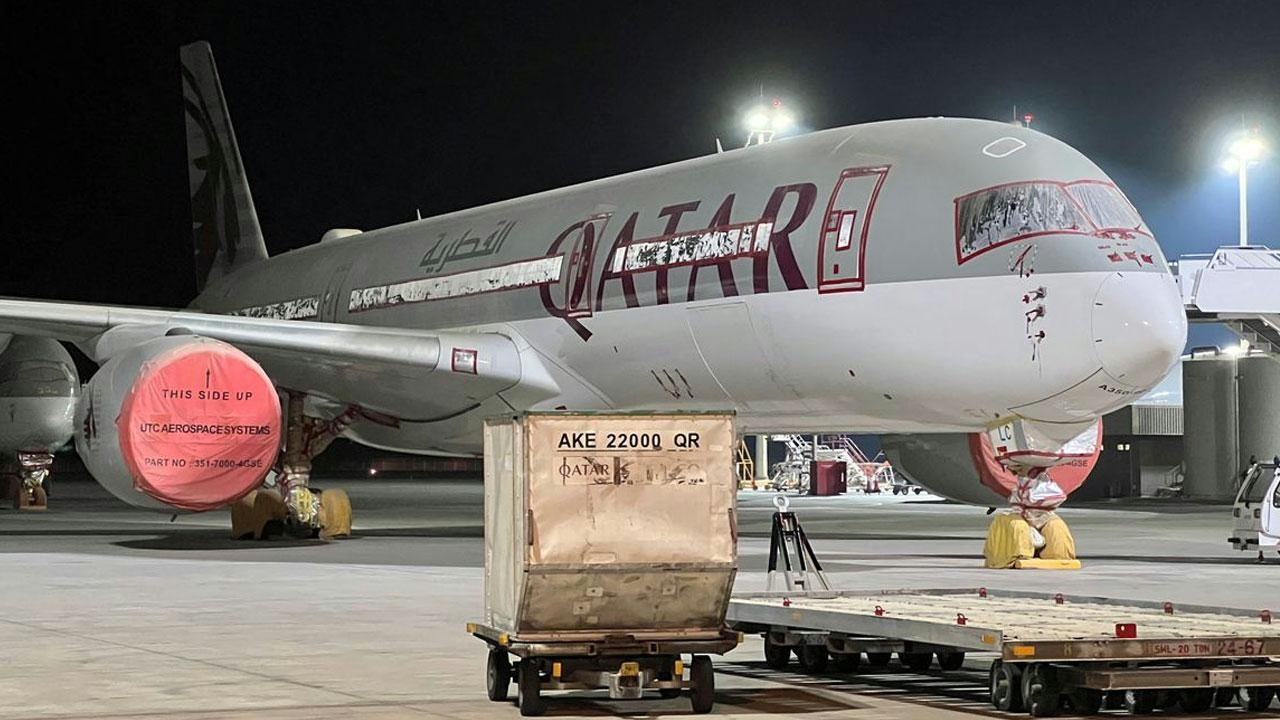
Airbus Balances SAF Expansion and A350 Orders Amid Counterfeit Parts Concerns
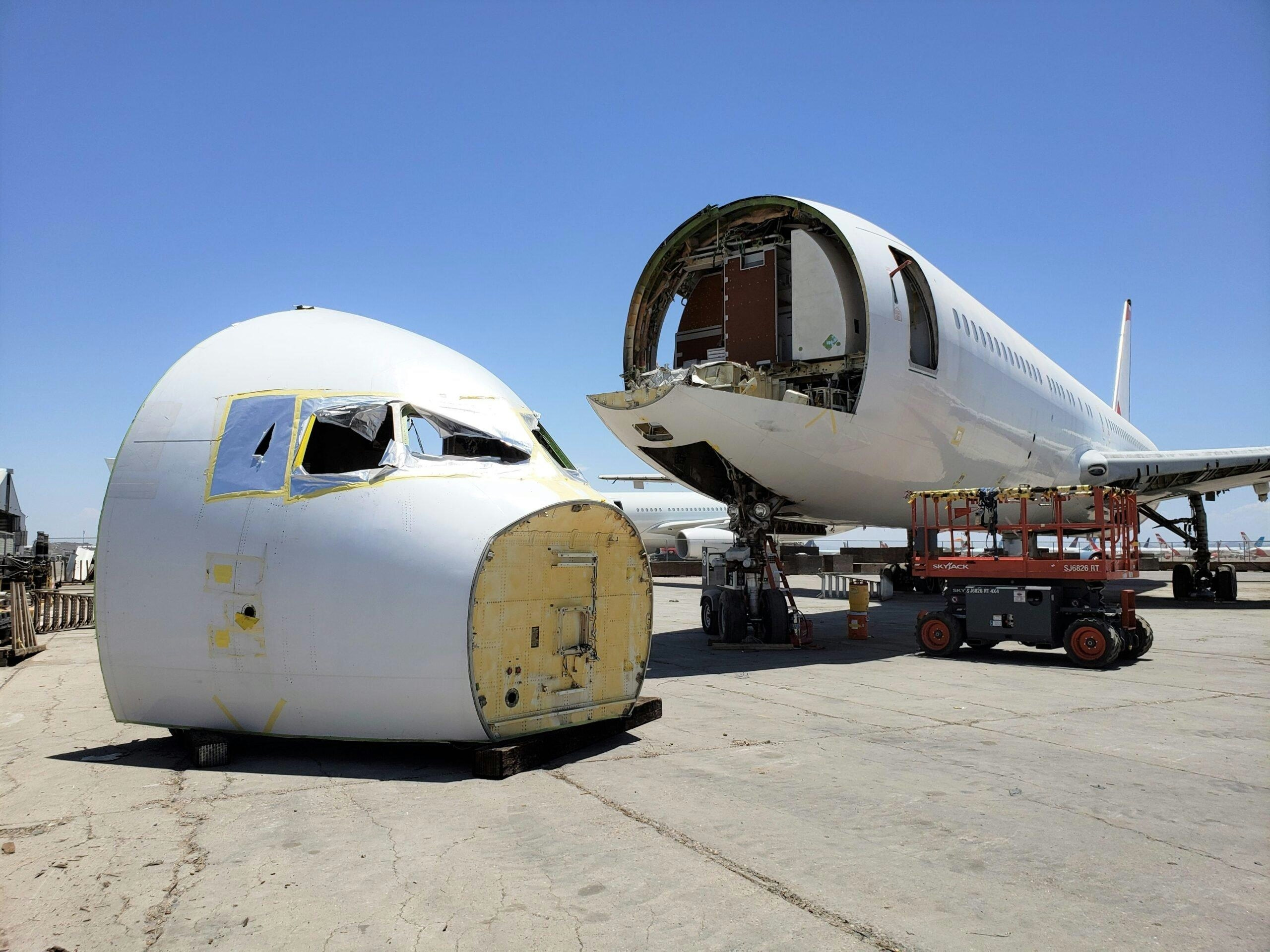
Magnetic Trading Acquires Two A320-214 Aircraft for Teardown

Can AI Improve Passenger Flow at Heathrow Airport?

China Identifies 2026 as a Pivotal Year for Low-Altitude Air Taxi Industry

Investor Dmitry Balyasny Increases Stake in Flying-Taxi Company

Rapita Systems and Avionyx Announce Avionics Partnership
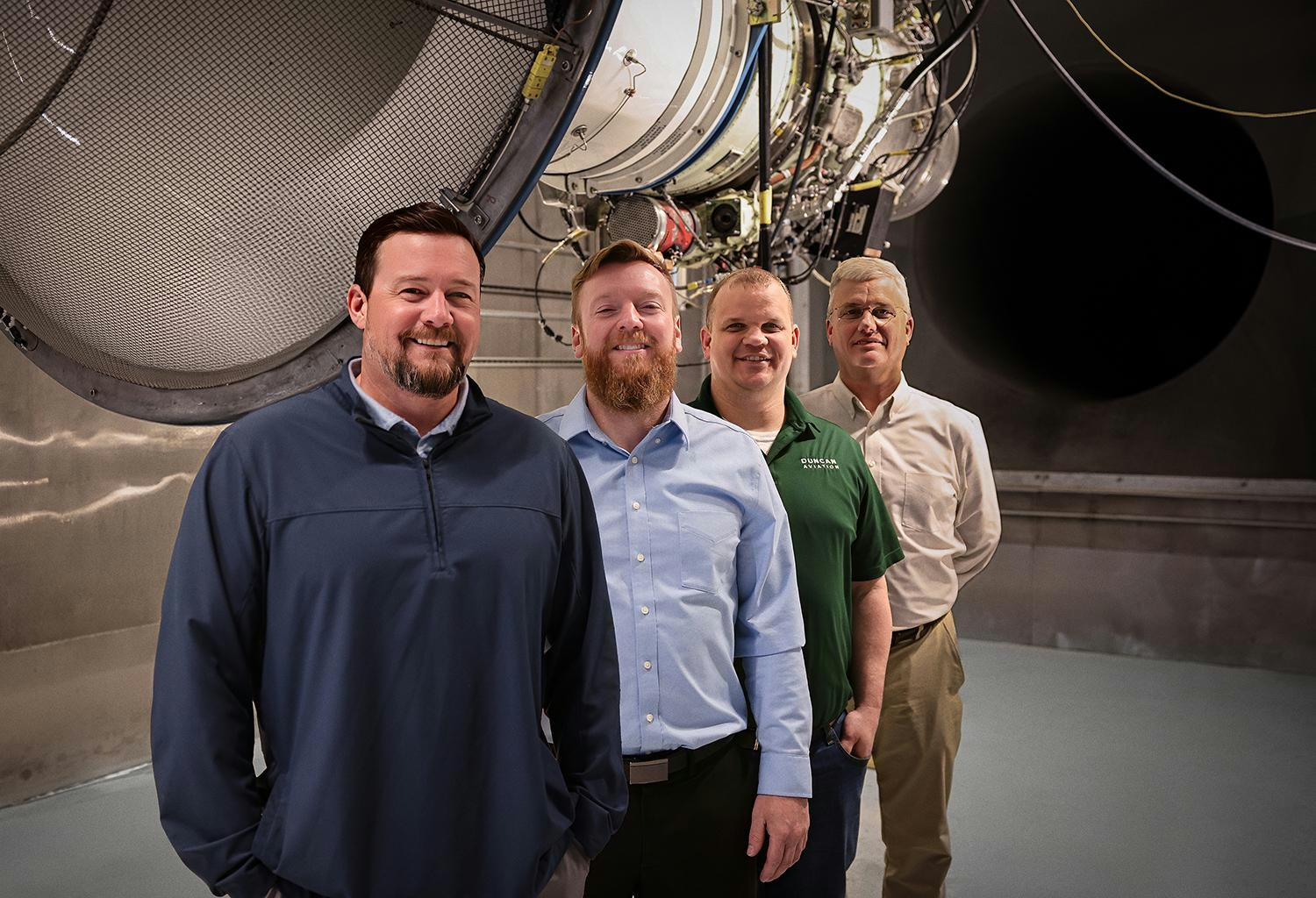
Duncan Aviation Names Scott Stoki Vice President of Engine Operations

AI Transforms Private Jet Bookings, Saving Time for Wealthy Clients
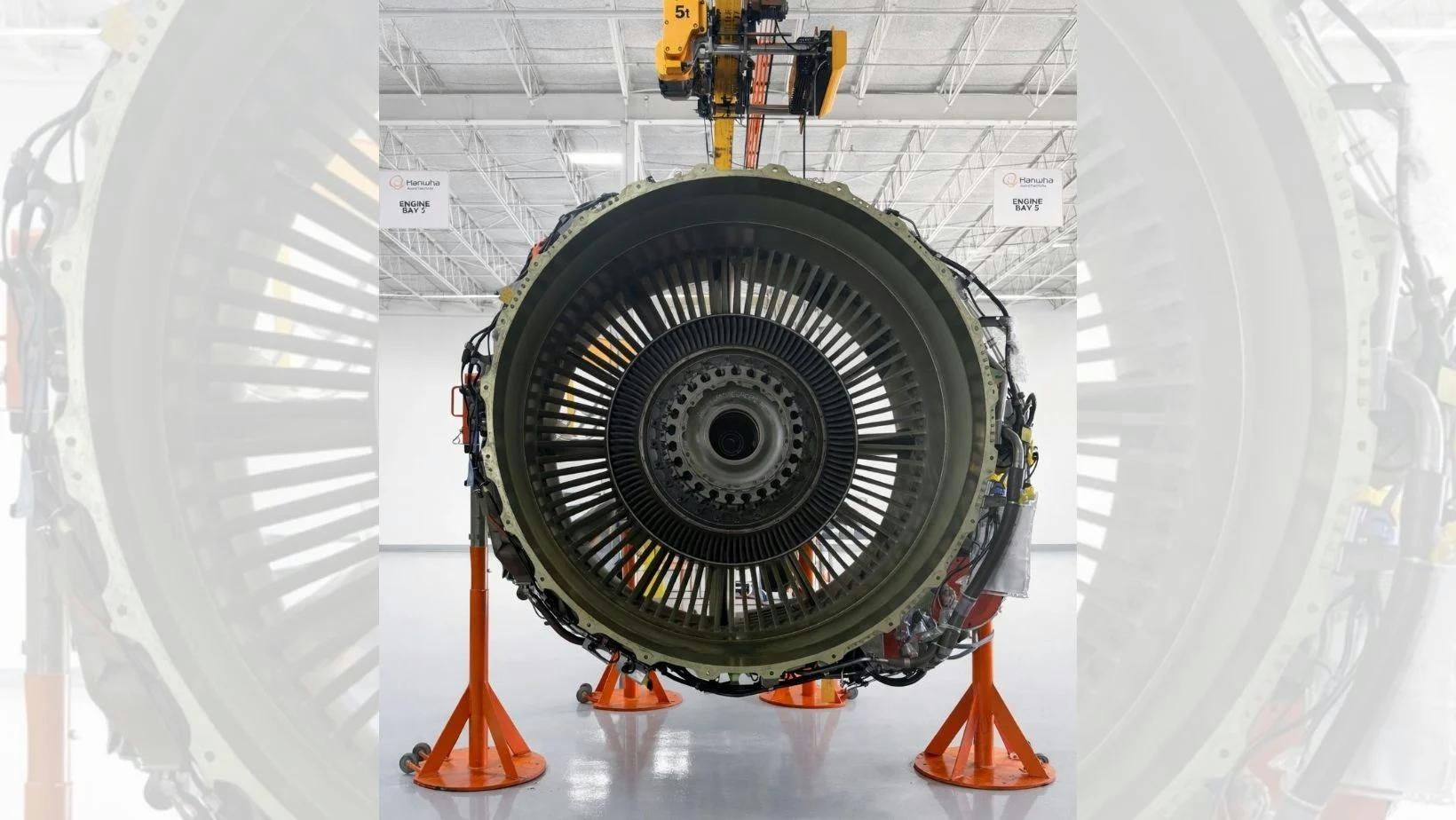
Hanwha AeroTechnix Completes CFM-7B Engine Teardown
